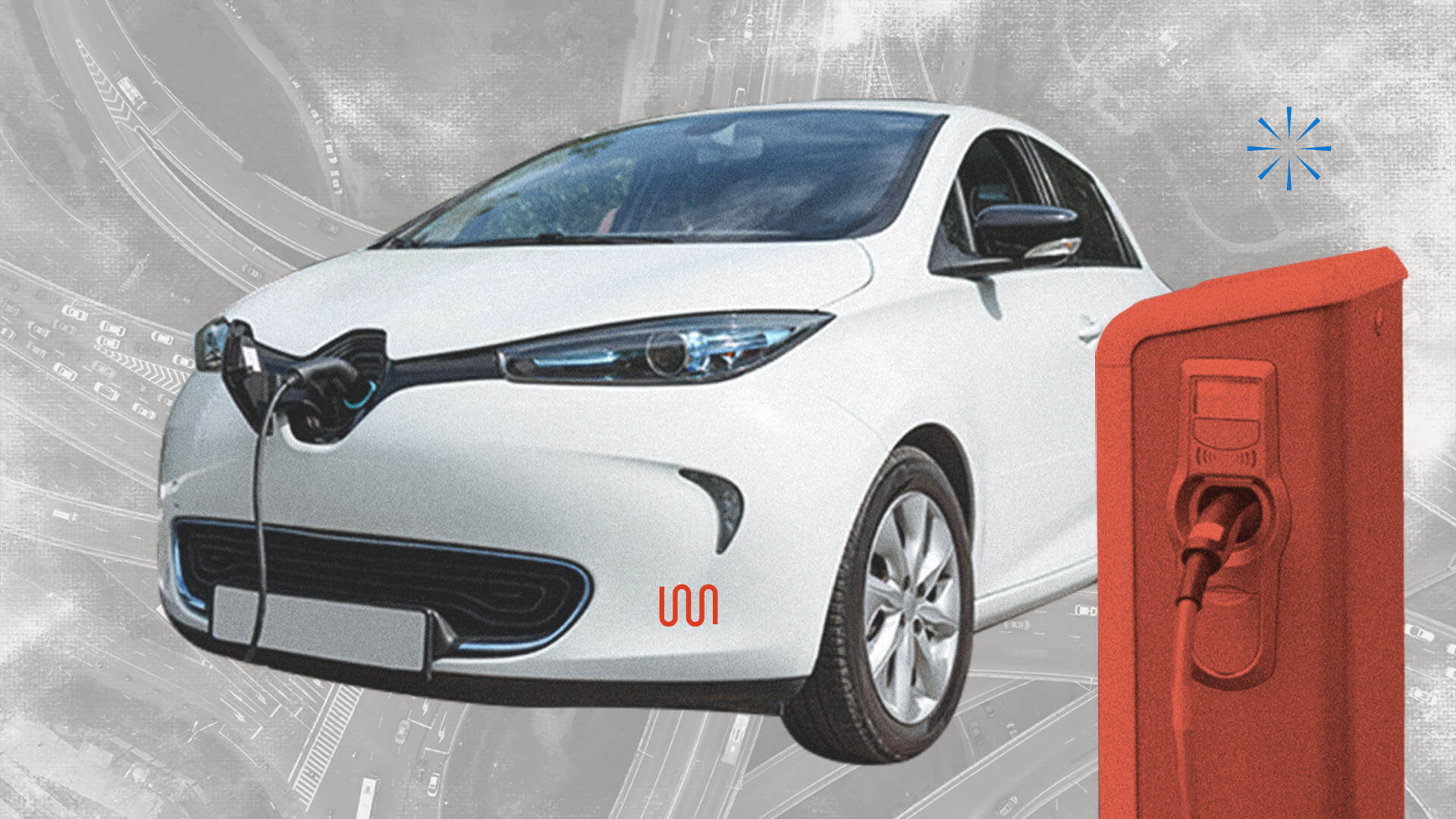
Tesla sold their first electric car in 2008, with the flagship Model S debuting in 2012, and the first ten customers getting their cars at the Fremont, California factory. Tesla expanded their factory in California, added one in China and now has plans to open factories in Germany and Texas, with a total annual production of one million cars.
Analysts expect electric vehicle (EV) sales to surpass 10.5 million in 2022, up from about 6.5 million in 2021. Many predict that growth will explode further in the next few years as infrastructure improves and younger generations who prioritize sustainability start buying cars of their own.
Many legacy auto brands that have built their business on gas-powered vehicles are already working hard to provide customers with electric cars and other climate-friendly options. For example, Ford is a major partner with new electric car company, Rivian. But the implications of electric cars will have effects beyond the products that car companies put out. Consumers will change how they buy and drive cars, labor and supply chain needs will evolve, and financing and laws will see changes, too.
Electric cars surface new consumer priorities
Both millennials and Gen Z consider sustainability and climate impact with what they purchase and the brands they spend with. This means that auto companies will see pressure to provide choices that are more climate-friendly. As more electric cars are on the road, the pressure will only increase as consumers become accustomed to thinking about the carbon footprint of the car they drive.
What’s more, electric cars tend to have extremely innovative technology — from self-driving to TV streaming capabilities — which will also become table stakes for younger generations. Tesla has built a car that behaves like an extension of the technology that people use every day including their smartphones, TVs and computers. Other automakers will see pressure to incorporate a more technologically advanced experience for drivers.
Electric cars change labor and supply chain
With fewer mechanical parts to assemble and more computer parts, automakers will see changes to their labor and supply chain markets. Japan expects that EVs will eliminate about 10% of the auto workforce by 2050. Automakers like Honda are already reducing the number of workers they have at certain factories as they lean into electric capabilities.
Additionally, all that technology that powers an electric car requires an entirely different supply chain. Investments in steel and combustion engines will see a decrease. The recent supply chain hiccups around computer chips hints at the competition for technology that will soon rule the auto industry. Auto manufacturers will be faced with a decision: Do they build their own chips, or buy chips and other technology from the emerging industry of AutoTech providers?
Beyond the hardware aspect of manufacturing electric cars, auto companies will need to invest more and more into creating custom software that both differentiates their cars from competitors and also provides the best experience for customers (from entertainment, safety and self-driving perspectives).
Changes to how cars are bought and regulated
Electric car companies including Rivian and Tesla allow buyers to purchase the car directly online. Consumers can buy a car from their smartphone in a matter of minutes — financing included. Compare that to the typical purchasing process in a dealership, which includes paperwork, notarizations and negotiations. Automakers will need to transform their own purchasing and lending processes to embrace digital channels.
With so many changes afoot, automakers are also sensing a bigger trend coming, where laws around cars will inevitably change, too. From emissions standards to rules around self-driving cars to how financing is done online and more — regulation and laws will continue to evolve to support changes in the market.
Automakers are starting to make shifts in their strategies, but they’re also keeping their eye on consumer demand and industry trends to guide their approach. The auto industry is evolving at a rapid speed, and it’s critical for car companies to keep a pulse on all of the changes that will come with the increasing popularity of electric cars.



